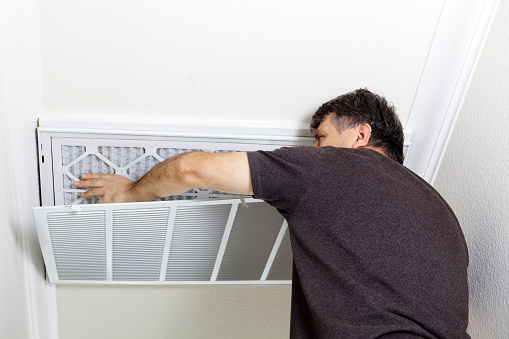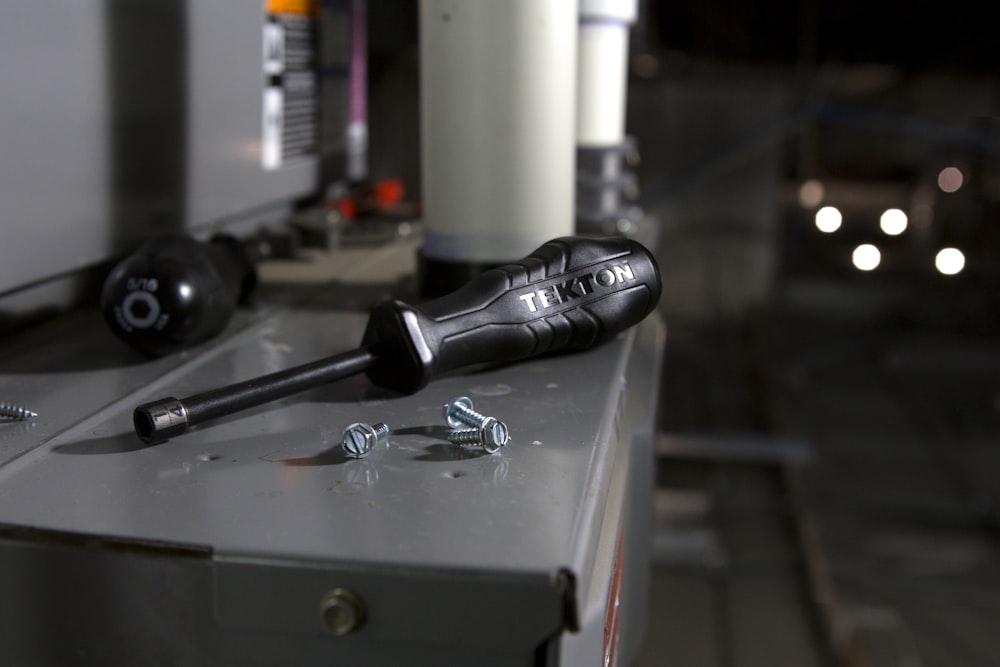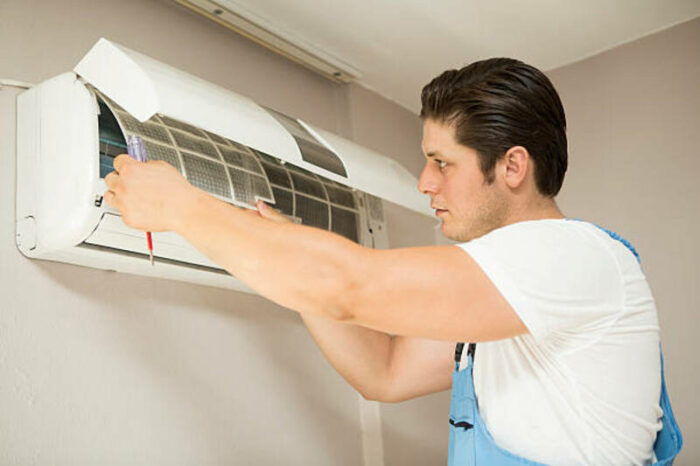Are you looking for ways to reduce energy consumption in your home’s HVAC system? Installing an air filter can be an effective way to help improve the efficiency of your system. In this article, we’ll take a look at why an air filter is important and how it contributes to overall energy efficiency.
Introduction to Air Filters
Your HVAC system’s air filter is important for many reasons. It helps to keep your system clean, which improves its efficiency. A dirty air filter can cause your system to work harder, using more energy and costing you more money. It can also lead to problems with indoor air quality.
A 20x23x1 air filter helps to reduce the number of chemicals that are released into the environment from your HVAC system.
An air filter removes harmful airborne particles like dust, pollen, and pet dander from the air as it passes through the filter. This helps to improve the quality of the air in your home and can reduce allergies and other respiratory problems. A clean air filter also protects your HVAC system itself from dirt and debris buildup, which can damage the system and lead to expensive repairs.
You should check your HVAC system’s air filter every month or two and replace it as needed. A clogged or dirty filter will reduce the efficiency of your system and could shorten its lifespan. Replacing your air filter is a simple and inexpensive way to keep your HVAC system running efficiently for years to come.
How Air Filters Improve HVAC Efficiency

Your HVAC system works by pulling air from the outside and circulating it through your home. The air is then filtered and pushed back out into the room. This process repeats continuously, providing you with a constant supply of fresh, clean air.
One of the most important components of your HVAC system is the air filter. The air filter’s job is to trap airborne particles, such as dust, pollen, and pet dander before they can enter your home. By doing so, the air filter helps to keep your indoor air quality high and prevents these particles from clogging up your HVAC system.
A clogged HVAC system is less efficient and can end up costing you more money in energy bills. Not to mention, it can also put a strain on your HVAC unit, potentially leading to costly repairs down the road. That’s why it’s important to regularly replace your air filter – typically every three months – to ensure that your HVAC system is running at peak efficiency.
In summary, an air filter plays a crucial role in keeping your HVAC system running efficiently. By trapping airborne particles before they can enter your home, an air filter helps improve indoor air quality
while also preventing strain on your HVAC unit. Be sure to replace your air filter every three months for optimal efficiency!
Types of Air Filters
Air filters come in a variety of shapes, sizes, and types to accommodate different HVAC systems. The most common type of air filter is the pleated air filter. Pleated air filters have more surface area than non-pleated air filters, which allows them to capture more contaminants. These types of air filters should be replaced every three to six months.
Another common type of air filter is the HEPA filter. HEPA filters are designed to capture very small particles, making them ideal for people with allergies or asthma. These types of air filters need to be replaced more frequently than pleated air filters, typically every one to two months.
Mesh air filters are another option for HVAC systems. Mesh air filters are made from a tightly woven mesh that captures contaminants as they pass through the filter. These types of air filters can last up to a year before they need to be replaced.
The final type of air filter is the carbon filter. Carbon filters are designed to remove odors and VOCs (volatile organic compounds) from the air. These types of Air Filters should be replaced every six months to a year.
Benefits of Installing an Air Filter

An air filter helps to improve the efficiency of your HVAC system by trapping airborne particles that can clog and damage the system. By keeping the system clean, you can extend its lifespan and prevent expensive repairs. In addition, an air filter prevents harmful pollutants from entering your home, improving indoor air quality.
Regular Maintenance and Replacing an Air Filter
Assuming you have a central HVAC (Heating, Ventilation, and Air Conditioning) system in your home, it contains an air filter. Maybe you’ve never given it a second thought, but that air filter plays a crucial role in the efficiency of your entire HVAC system. In this blog post, we’ll talk about how an air filter helps to improve the efficiency of your HVAC system and why regular maintenance and replacing your air filter is so important.
Your HVAC system’s job is to circulate the air in your home. This is done by drawing in outside air, heating or cooling it as necessary, and then distributing it throughout your home via a network of ducts. Your air filter is located at the point where outside air first enters your HVAC system – typically the return-air grill or blower compartment.
As its name implies, one of the primary functions of an air filter is to remove airborne particles like dust, pollen, mold spores, and pet dander from the incoming air stream. By doing so, it protects sensitive components within your HVAC system from damage and ensures that only clean air circulates throughout your home. Additionally, fewer contaminants in the air also mean better indoor Air Quality (IAQ).
Conclusion
In conclusion, an air filter is essential to your HVAC system’s efficiency. By preventing dust and other airborne particles from entering the system, your furnace will be able to run more efficiently and last longer. Keep changing the filters regularly for optimum results. If you want to get maximum benefits from your HVAC system, make sure that you install a high-quality air filter that meets all of the required standards!


